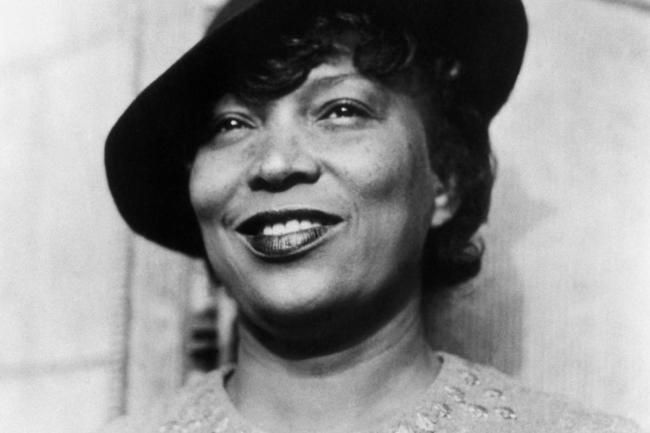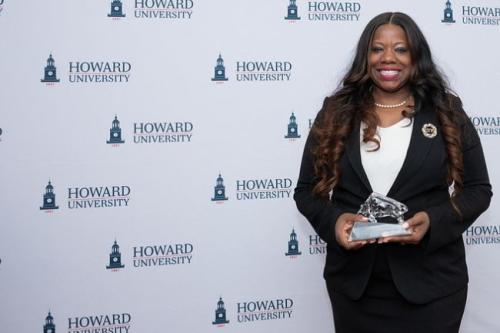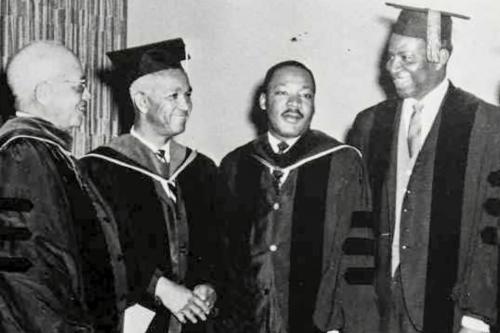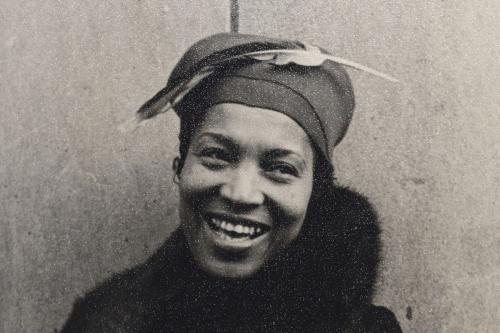Many people would never guess that one of the most influential individuals of the 20th century was not confident in herself. However, Zora Neale Hurston (A.A. ’20) was not beyond this feeling. The woman who is now famed to be one of the most prolific writers of the 20th century did not believe she could make it to Howard. Hurston believed that attending “the capstone of Negro education in the world,” as she called the University, was unfeasible, and planned on staying at Morgan College until a suggestion from a young woman changed her mind.
On a visit to Morgan State, Howard University student May Miller spent hours with Hurston and her friends. Hurston recalled that during their conversations, Miller turned to her and said “Zora, you are Howard material. Why don’t you come to Howard?”
After months of challenges, with the help of her friends, Hurston withdrew from Morgan in June of 1918 to move to Washington, D.C., to find a job to finance her Howard education.
During her time at Howard, Hurston was an active student who excelled both in academics and student government. She also co-founded Howard’s renowned newspaper, The Hilltop, which remains the oldest and largest Black collegiate publication to date.
In 1925, Hurston received a scholarship to transfer to Barnard College and graduated with a B.A. in anthropology. In 1928, she became the school’s first Black graduate. While in New York City, Hurston befriended other writers such as Langston Hughes and Countee Cullen. Together, they joined the Black cultural renaissance taking place in Harlem.
Hurston dedicated herself to promoting and studying Black culture. She traveled to Haiti and Jamaica to study the religions of the African diaspora. Her findings were included in several newspapers throughout the United States.
The research Hurston gathered was often incorporated into her fictional writings. As an author, she published short stories throughout the 1920s. Although she is thoroughly recognized today, her work was ignored by the mainstream literary audience for years.
One of her most popular works, “Their Eyes were Watching God,” broke literary norms by focusing on the experience of a Black woman. This story has been cited as one of the 100 greatest literary works of all time.
Beyond fiction, Hurston is also known for her journalistic, cinematic, and nonfiction work, as well as her active role in the politics of Harlem.
Hurston died in 1960, leaving behind a legacy of broken literary norms by focusing her work on the experience of Black women.
"Sometimes, I feel discriminated against, but it does not make me angry. It merely astonishes me. How can any deny themselves the pleasure of my company? It's beyond me."





